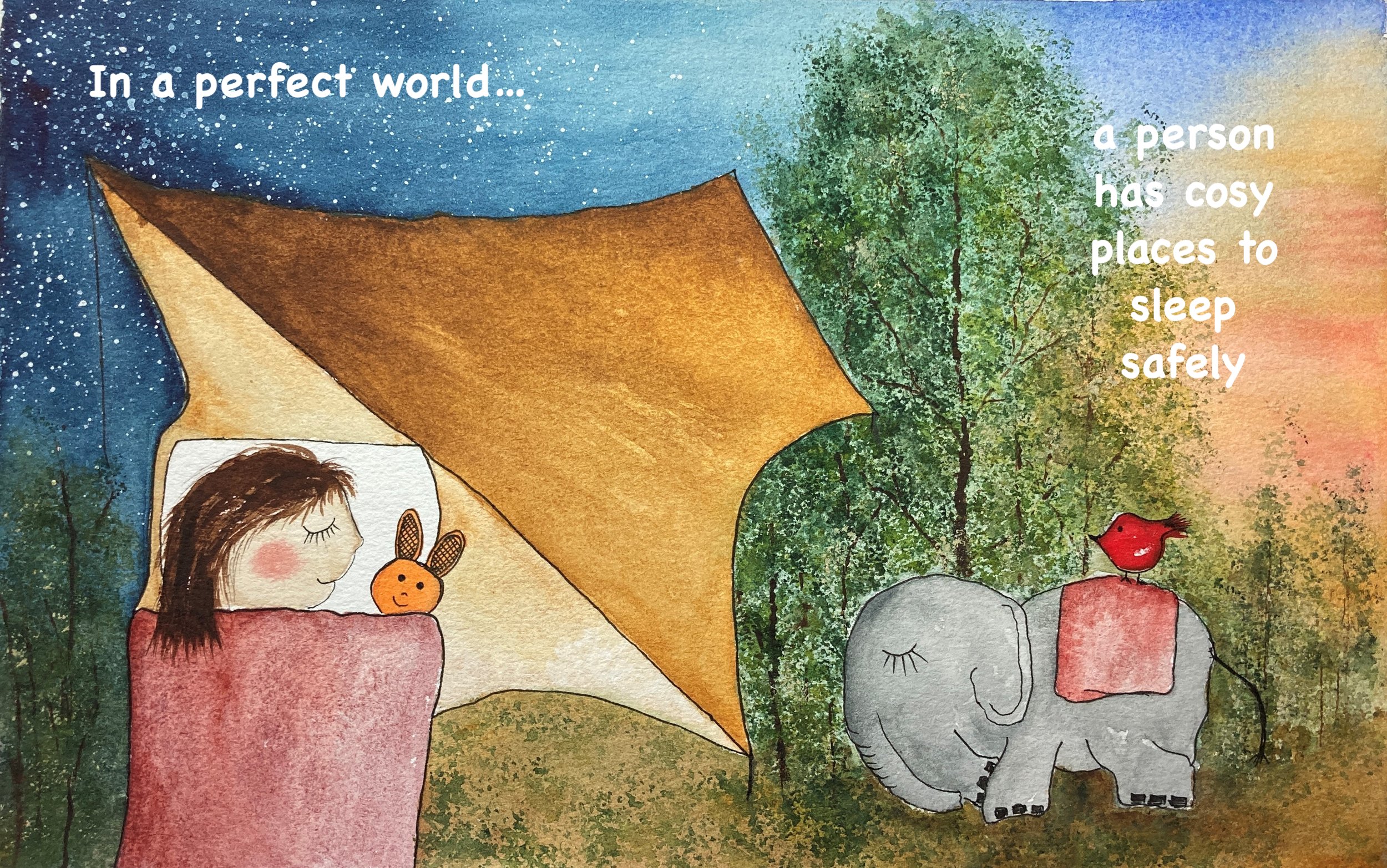by Ulrike Näumann, Heidelberg IWC
Prostitution, often euphemistically referred to as “sex work,” is a complex and contentious issue that lies at the intersection of human rights, gender equality and socioeconomic factors. While some argue for its legalization and regulation, the harsh realities of this industry paint a grim picture of exploitation, violence and human rights violations.
The United Nations’ Stance on Prostitution
 The United Nations has long recognized the inherent incompatibility between prostitution and human rights. The 1949 Convention for the Suppression of the Traffic in Persons and the Exploitation of the Prostitution of Others states that “prostitution and the accompanying evil of the traffic in persons for the purpose of prostitution are incompatible with the dignity and worth of the human person.”1 This convention calls upon nations to combat and abolish the exploitation of prostitution.
The United Nations has long recognized the inherent incompatibility between prostitution and human rights. The 1949 Convention for the Suppression of the Traffic in Persons and the Exploitation of the Prostitution of Others states that “prostitution and the accompanying evil of the traffic in persons for the purpose of prostitution are incompatible with the dignity and worth of the human person.”1 This convention calls upon nations to combat and abolish the exploitation of prostitution.
Poverty and Prostitution: A Vicious Cycle
Poverty is a significant driving force behind the proliferation of prostitution. In many parts of the world, individuals, predominantly women and children, are forced into prostitution due to economic hardship, lack of educational and employment opportunities, and societal marginalization.2 This vicious cycle perpetuates the violation of fundamental human rights, including the right to life, liberty and security of person as enshrined in the Universal Declaration of Human Rights.3
The Nordic Model: A Promising Approach
The Nordic Model, adopted by countries like Sweden, Norway and Iceland, has emerged as a promising approach to addressing the issue of prostitution. This model criminalizes the purchase of sexual services while decriminalizing those who sell them, recognizing that the majority of individuals in prostitution are victims of exploitation and trafficking.4 By shifting the focus to the demand side, the Nordic Model aims to reduce the incentives for human trafficking and exploitation while providing support and exit strategies for those trapped in the sex trade.
Childhood Trauma and Prostitution
A disturbing reality is the link between childhood sexual abuse and entry into prostitution. Many individuals in prostitution have experienced sexual abuse during their childhood, a profound violation of their human rights and a traumatic experience that can have lasting psychological and emotional consequences.5 Ensuring a safe and nurturing childhood is a fundamental human right, and addressing this issue is crucial in preventing the cycle of exploitation.
A Perfect World: Protecting Human Dignity
In A Perfect World, as envisioned by author Nancy Lynner and illustrator Tharien van Eck in their eponymous children’s book, every individual would be treated with dignity and respect, and their fundamental human rights would be upheld. Prostitution, a manifestation of gender-based violence and exploitation, would be eradicated, and individuals would have access to education, economic opportunities, and support systems that empower them to live fulfilling lives free from coercion and abuse.
As we strive towards this ideal, it is imperative that we listen to the voices of those affected by prostitution, including sex workers themselves, and work towards comprehensive solutions that prioritize their safety, agency, and human rights. By addressing the root causes of exploitation, such as poverty, gender inequality and lack of access to resources, we can create a world where no one is forced into the sex trade against their will.
Sources/Citations:
2 "Poverty and Prostitution: A Vicious Cycle" - Amnesty International
3 Universal Declaration of Human Rights, Article 3
4 "The Nordic Model: A Promising Approach to Addressing Prostitution" - Council of Europe
5 "Childhood Sexual Abuse and Prostitution: Breaking the Cycle" - Human Rights Watch
Additional References:
ILO: Illegale Profite aus Zwangsarbeit stark gestiegen
Prostitution: Kommt das Sexkaufverbot auch in Deutschland?
Protecting the human rights of sex workers
Why Sex Work Should Be Decriminalized | Human Rights Watch
International law defines prostitution as a human rights violation
Does Legalized Prostitution Increase Human Trafficking?
Prostitution and Human Rights: What are the Issues?
Image credit: Tharien van Eck, from the book What Is a Perfect World? Used with permission.

